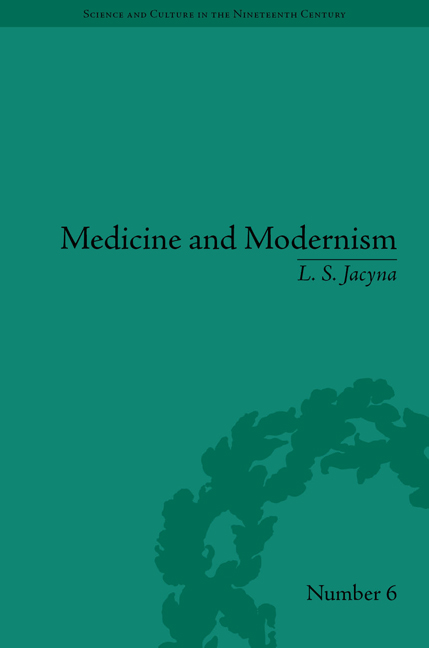3 - ‘The Great Hard Road of Natural Science’
from Part 1
Summary
The Scientific Self
When in November 1926 Head sought to find retrospective coherence and meaning in his life, he discerned one unifying theme. ‘I cannot remember,’ he wrote, ‘the time when I did not wish to take Medicine as my career in life’. It is apparent, however, that for Head it was scientific medicine that had this enduring appeal to him. It was only when clinical practice was combined with the elucidation and application of fundamental truths about the working of the body that medicine became a worthy vocation. As Head put it in 1909 he when gave testimony to the Royal Commission on Vivisection, in medicine, ‘practical results were the by-products of a manufacture of which knowledge was the aim’.
Head claimed that his mother's cousin, Marcus Beck, had been an early exemplar for him of this kind of medicine. Beck had been an assistant to Joseph Lister when the latter pioneered antiseptic surgery at the University of Glasgow. Antisepsis typified, in Head's view, the ideal relation between theory and practice postulated by the rhetoric of scientific medicine. First had come germ theory, which revealed that such pathological processes as mortification were due to the action of microscopic organisms. This advance in knowledge led to the invention and implementation of techniques designed to exclude these germs from wounds during and following surgery, thus reducing the incidence of postoperative sepsis.
Head seems to have felt an almost familial allegiance to this conception of scientific medicine. Lister himself was another kinsman, and Head declared that he ‘was brought up in an atmosphere of worship for the great man who was connected with my own people’. In September 1900, Head reflected on the relationship between his scientific vocation and his ancestral religious background in somewhat more jaundiced terms. He speculated that what drove his quest for knowledge was ‘simply the Quaker conscience gone sour’.
- Type
- Chapter
- Information
- Medicine and ModernismA Biography of Henry Head, pp. 99 - 152Publisher: Pickering & ChattoFirst published in: 2014



